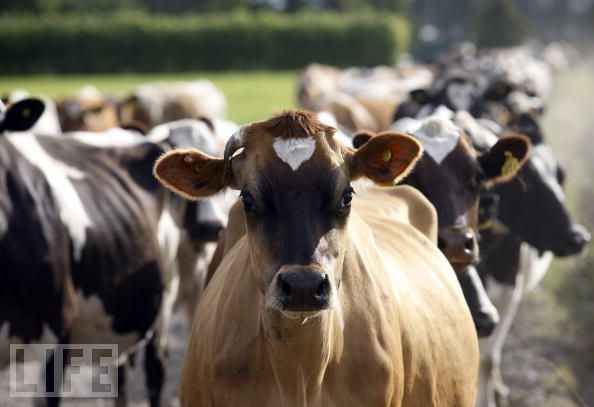
The global outlook for dairy demand is strong but NZ dairy farmers must shore up their businesses against likely future volatility in returns, says Fonterra Chairman Sir Henry van der Heyden.
“Our future as dairy farmers in NZ, our international competitiveness and this country’s future – it all depends on how we respond to the more volatile markets and ensure we make the most of our unique advantage in pastoral dairy farming.”Speaking at DairyNZ’s Towards 2020 farmers’ forum today, Sir Henry said “Our farmers need tools in their businesses to manage this risk and to focus on our strength – growing grass and turning it into milk. This is where we lead the world. Our ability to grow grass and turn it into milk more efficiently than anyone else is our point of difference. We simply cannot afford to lose our edge or the control of our productive resources. This is where we need to focus. Then we will have a strong dairy farming legacy to pass on to our children and grandchildren – future generations of NZ dairy farmers.”
Sir Henry said: “As farmers we need to concentrate on the fundamentals of pasture-based systems that have provided us with a competitive advantage over other producers in the world.“There are two key threats to NZ dairy farmers: One is other people being able to grow grass and produce milk more cheaply than we can. The other risk is if we get too far down the path of adopting farming practices that make us uncompetitive.”
He said supplements and imported feeds had a place on NZ farms, but their use had to be matched with a precise understanding of the impact they have on the bottom line. Alongside the focus on low-cost, skilled pasture management, Sir Henry said farmers were already putting greater disciplines around their farming businesses.“The need for business discipline has never been greater in this volatile environment. Dairy farmers should have rigorous planning, forecasting and reporting processes, and many farms now have a governance structure to support their management.”
We welcome your comments below. If you are not already registered, please register to comment
Remember we welcome robust, respectful and insightful debate. We don't welcome abusive or defamatory comments and will de-register those repeatedly making such comments. Our current comment policy is here.